The present work is primarily an investigation into the question of the Western influence on modern Assamese drama and aims at showing how the new drama in Assamese, in spite of the Western influence and like any other drama in modern India, has evolved as a distinct literary genre. With this subject as the focal point, it attempts to study the entire question of the Western impact on Assam’s life and letters. It is fact that the influence of the West on the development of modern Indian thought has been very great and that the vernacular literatures of modern India owe much to such influence. This influence has permeated all the branches of modern Assamese literature and on drama the influence has been so profound that the new drama, which came into being in 1857 with a social play has hardly and link with pre-British Assamese drama having a four-century old history. This work attempts to show how the new ideas coming from the west in the wake of English education not only changed the subject-matter of drama but also gave a new mould to dramatic style, technique and stage-craft. The work consists of eleven chapters of the first is an introductory one while the other try to examine different aspects of the subject. One chapter deals entirely with old Assamese drama prior to the advent of the British, the ‘ankiya nat’, in an attempt to show the new drama has evolved. Another chapter is devoted wholly to a discussion of the different channels and media through which the new influence percolated into Assam. One of the chapters, dealing in detail with the Shakespearean influence, attempts to show how the study and performance of Shakespeare’s plays in original and in translation has helped the pre-Independence playwrights develop a kind of style and technique suitable for mythological, historical and romantic plays. Three other Chapters trace the growth and development of modern mythological, historical and social drama in Assamese in the wake of the spread of English education and study of Western literature and though. The remaining chapters examine such questions as the influence of Ibsen, Shaw, Maeterlinck, the Theatre of the Absurd, the growth of the one-act play and so on. The concluding Chapter gives a summing up of the work.
Cultural and Military Power of America
$49.50
$55.00


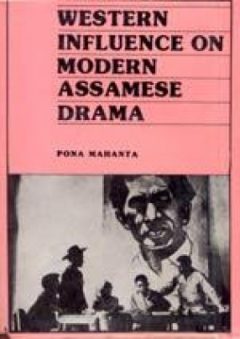
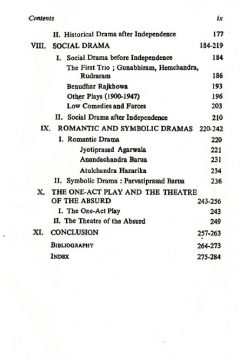
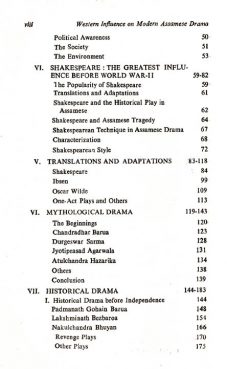
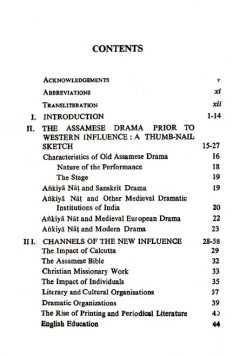
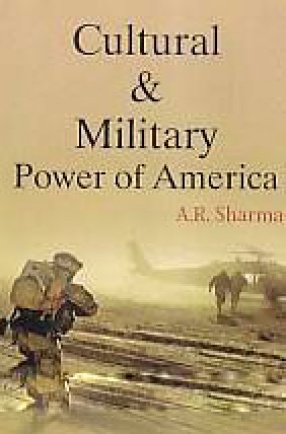
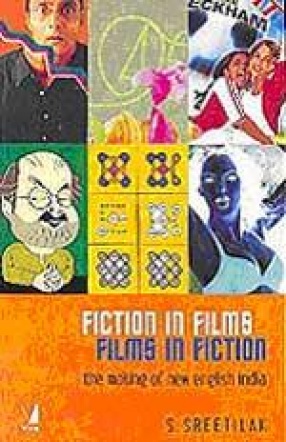

There are no reviews yet.